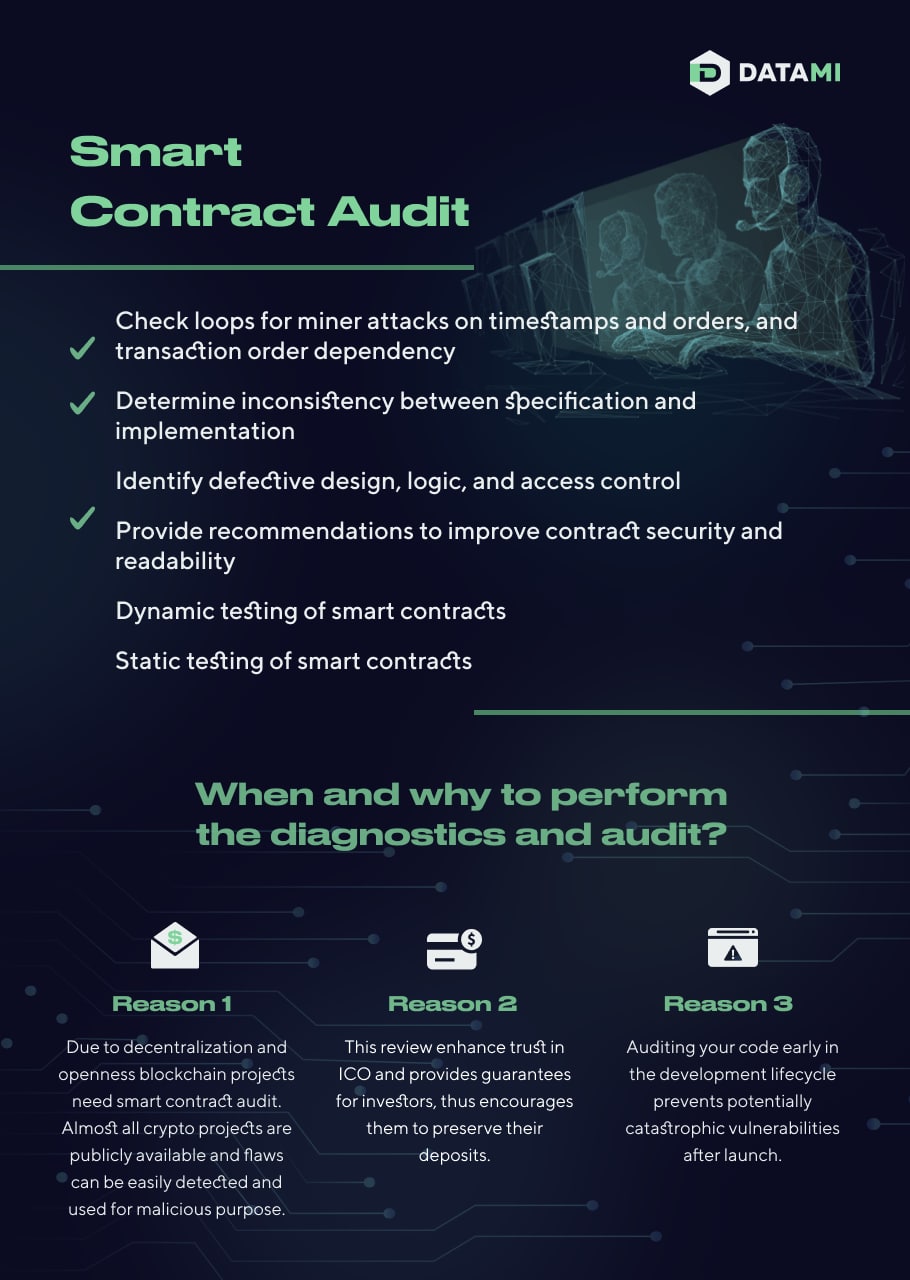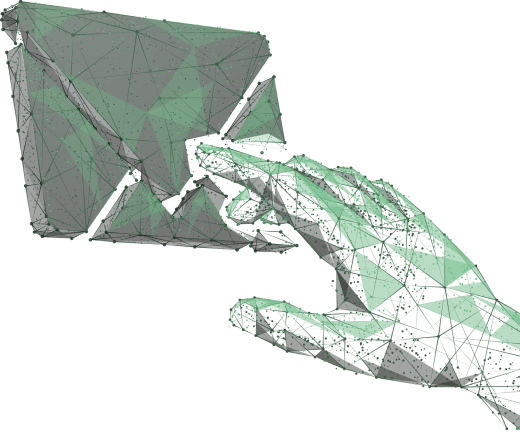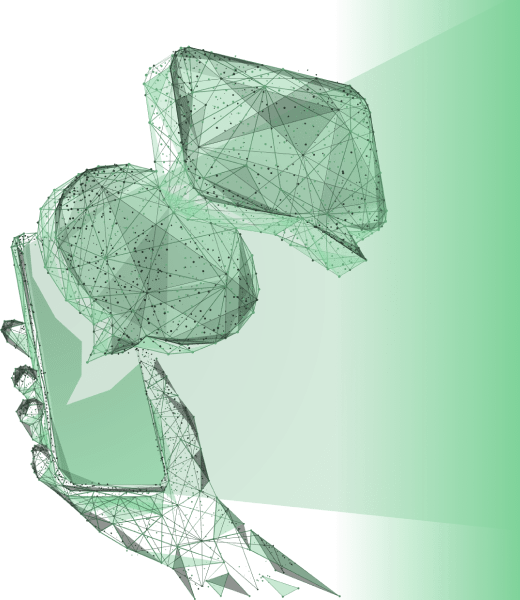Smart contracts are becoming increasingly popular in the world of blockchain and cryptocurrency, but with their rise in popularity comes a need for increased security measures. This is where smart contract audits come in.
A smart contract is a self-executing contract with the terms of the agreement between buyer and seller being directly written into lines of code. This means that once the conditions of the contract are met, the contract is automatically executed without any need for intermediaries.
However, since smart contracts are essentially computer programs, they are subject to the same risks as any other software. These risks include programming errors, bugs, and vulnerabilities that can be exploited by hackers.
A smart contract audit is a process of examining the code of a smart contract to identify any potential security risks. This process is conducted by specialized cybersecurity companies, like Datami, who have the expertise and experience necessary to identify potential vulnerabilities and provide recommendations for how to mitigate them.
The audit process typically involves a detailed review of the smart contract’s code, along with an analysis of its design and functionality. This is done to identify any potential weaknesses or vulnerabilities that could be exploited by attackers. Once these vulnerabilities are identified, the auditor provides a detailed report outlining the potential risks and recommendations for how to address them.
Smart contract audits are essential for ensuring the security of blockchain-based transactions. By identifying potential vulnerabilities and providing recommendations for how to mitigate them, cybersecurity companies like Datami are helping to ensure the integrity of the blockchain ecosystem.
In conclusion, as the use of smart contracts continues to grow, it is becoming increasingly important to ensure their security through thorough audits. Datami and other cybersecurity companies are playing a vital role in this process by providing expert analysis and recommendations for how to address potential vulnerabilities. By doing so, they are helping to ensure the continued growth and success of the blockchain ecosystem.



